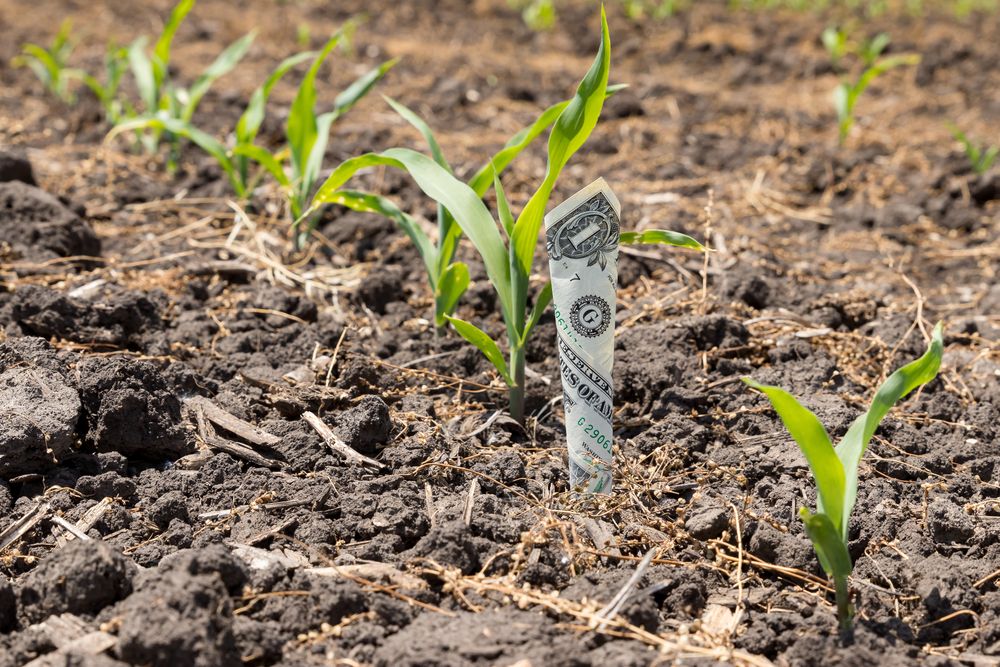
As the world becomes increasingly conscious of the impact of our food choices on our health and the environment, specialty farming has emerged as a beacon of sustainability and quality. Whether it’s the organic produce free from synthetic chemicals, the urban gardens that transform city rooftops into verdant oases, or the boutique farms that specialize in high-quality, artisanal products, specialty farming is redefining the agricultural landscape. In this article, we will delve into the various ways farmers can maximize their profits while maintaining the integrity and sustainability of their practices.
Understanding the Specialty Farming Market
The first step to maximizing profits in any business is understanding the market, and specialty farming is no exception. Organic, urban, and boutique farms cater to specific niches that value not just the end product but also the production process. Customers are often willing to pay a premium for goods that align with their ethical values, be they environmental sustainability, local production, or exceptional quality.
Organic farmers should stay informed about the latest trends in organic food consumption and tailor their offerings to meet consumer demands. Urban farmers, on the other hand, need to capitalize on their unique position within the cityscape, offering fresh, locally grown products that may be hard to come by in densely populated areas. Boutique agriculture should focus on the craft and story behind their products, engaging customers who are looking for something truly unique and authentic.
No matter the specialty, understanding and anticipating consumer trends can help farmers make strategic decisions about what to grow, how to market it, and where to sell it to maximize their profits.
Innovative Farming Techniques and Technology
In the world of specialty farming, innovation is key. By implementing cutting-edge techniques and technology, farmers can increase yields, improve quality, and reduce waste – all of which contribute to a healthier bottom line.
Organic farmers can explore new methods of pest control and soil fertility that do not rely on synthetic chemicals, such as integrated pest management (IPM) or compost teas. Urban farmers might invest in vertical farming systems or hydroponics to make the most of limited space. Those in boutique agriculture might employ precision agriculture techniques that allow for meticulous control over growing conditions, ensuring each product meets high standards of quality.
Investing in technology can have upfront costs, but the long-term benefits often outweigh these initial investments. Not only can it lead to greater efficiency and lower production costs, but it can also result in superior products that command a higher price in the marketplace.
Direct Marketing and Value-Added Products
One of the most effective ways to maximize profits in specialty farming is through direct marketing. Selling products directly to consumers, whether via farmers’ markets, Community Supported Agriculture (CSA) programs, or online platforms, eliminates middlemen and allows farmers to retain a greater share of the final sales price.
Furthermore, specialty farmers can increase their revenue by creating value-added products. For instance, an organic farm might produce jams, sauces, or pickled vegetables from their fresh produce. Urban farmers could offer workshops or farm-to-table dining experiences. Boutique agriculture operations might age cheeses or craft limited-edition wines or spirits.
Value-added products not only diversify a farm’s revenue streams but also build brand loyalty as customers come to appreciate the unique offerings and craftsmanship that go into each item.
Building Partnerships and Collaborations
Collaboration can be a powerful tool for maximizing profits in specialty farming. By building partnerships with local businesses, such as restaurants, grocery stores, or schools, farmers can secure steady outlets for their products. These partnerships help stabilize income and can open doors to new market opportunities.
Collaborating with other farmers can also be beneficial. For instance, by forming cooperatives, farmers can pool resources for marketing and distribution, accessing larger markets than they might be able to individually. They can also share knowledge and best practices, which can help improve everyone’s operations.
Moreover, partnerships with research institutions or non-profit organizations can lead to opportunities for grants or sponsorships, providing financial support for innovative projects or expansions.
Risk Management and Financial Planning
Finally, effective risk management and financial planning are crucial for the long-term profitability of any farming operation. Specialty farmers face unique challenges, such as the unpredictability of weather, fluctuating market demands, and the high standards for organic or artisanal certification.
Farmers should develop a comprehensive business plan that includes risk assessments and contingency strategies. This might involve diversifying crops to hedge against the failure of any one product, investing in crop insurance, or setting aside savings during profitable years to buffer against leaner times.
Keeping detailed financial records is also essential. Understanding the costs of production, pricing structures, and the profitability of each product can inform decisions about what to focus on or cut back. Additionally, good financial management can improve creditworthiness, which is beneficial when seeking loans or investments for growth.
Maximizing profits in specialty farming requires a multifaceted approach that combines market understanding, innovation, direct marketing, collaborations, and financial acuity. By adopting these strategies, organic, urban, and boutique farmers can not only sustain their operations but also thrive, contributing to a healthier, more sustainable, and more flavorful world. As consumers continue to seek out high-quality, ethical food sources, the future for specialty farming looks bright and prosperous.
